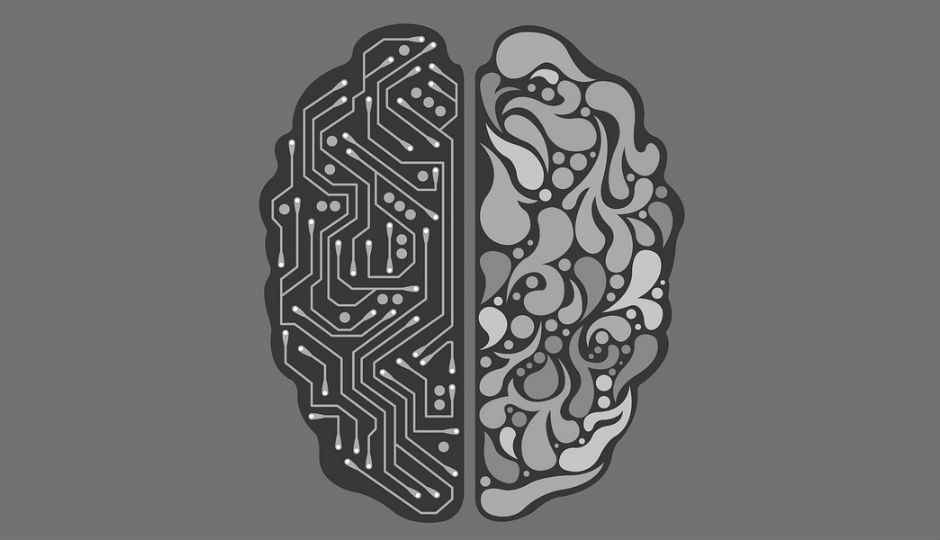Artificial Intelligence set to change the data storage landscape by 2025
IDC estimates that by 2025, two-thirds of global financial firms will integrate cognitive data to improve customer experience

If you ask anyone what they think that the future will hold and Artificial Intelligence or AI will definitely be a part of their fantasy. AI is the next big thing in technology and a recent report by IDC seems to suggest the same thing. The report, called Data Age 2025 is sponsored by Seagate is all about the state of the global datasphere by the year 2025. Among other startling facts like how data creation is expected to swell to 163 Zettabytes in less than a decade, the report also talks about how AI systems will change the technology landscape of the future.
 Survey
SurveyIDC estimates that by 2025, a whopping two-thirds of global financial firms will integrate cognitive data to improve customer experience through targeted product and service offerings, as well as fraud protection. Applications for such cognitive systems are expected to become a major part of our business and personal lives. These include a number of scenarios, and here are some ways AI will become a part of our lives, some of which is already being used or tested.
Driverless cars are believed to the future of transportation and are already being tested by a number of companies. These vehicles obviously need to ‘learn’ how to drive in order to function properly and will rely on cognitive systems to learn. Advances in these systems will help ‘teach’ these vehicles faster.
Some insurance companies, like AIG and Fukoku Mutual have already started using AI to help support human claims agents and increase overall productivity. It is possible that other companies in different industries may use AI to increase their own productivity.
IBM’s own AI, Watson, is using tools like natural language processing and machine learning to help develop targeted and individualised cancer treatments. AI of the future may help combat other diseases as well.
Disney cruises offer something called ‘enchanted art’ that makes use of facial recognition. When a passenger onboard the ship walks by, it displays an animated scene. Facial recognition is used to ensure that the same scene isn’t repeated twice.
Many credit card companies like MasterCard are already using AI to help detect fraudulent transactions. In fact, these systems can detect such transactions in as little as 40-60 milliseconds.
Data tagging is an important aspect of using cognitive systems as it applies identifiers to information to make it easy to sort, analyse, put in context and then create value. After all, an intelligent system will need to know all this if it has to learn and understand. However, this is still in its infancy. To speed up the process of data tagging, we need to create industry standards, have a better understanding, and have more investment and scientists working on it. However, IDC’s report notes that there is a potential for automated data tagging using AI itself. Data integration tools and systems are now building cognitive/AI capabilities in them to help automate the process of data tagging using various types of machine learning, including supervised, unsupervised, and reinforcement learning.
All of this makes it pretty evident that AI is going to play a major part of our future. It will be ever present and will be helping us make our lives a little bit better. Of course, the rise of AI means that mankind is going to require large storage capacities in order to hold all this information. By sponsoring Data Age 2025, Seagate aims to gain insight into what the future may hold and create optimised solutions that tackle the data requirements of the future.